For the first time since the end of World War II, Japanese forces have been deployed abroad with a mandate to use force.
The first of 350 members of the Self-Defense Force arrived in South Sudan on Monday, with authorization to use force to protect civilians, U.N. staff, and themselves, according to a report by the Associated Press.
They will be acting under new laws passed in 2015, over the objections of some Japanese who worried about their forces becoming embroiled in overseas conflicts.
Prime Minister Shinzo Abe supported the new law, arguing expanded military powers were required to deal with such threats as terrorism, North Korea, and China. Opponents staged massive street protests, and there were a few brawls inside the parliament building.
The Washington Post notes that most of the Japanese troops are engineers whose “main mission is to engage in construction projects,” but it is “not unlikely” they will be called upon to use their guns, as other U.N. peacekeepers and humanitarian workers have been attacked in South Sudan, some of them fatally.
Japan Times elaborates that under the new mandate, Japanese troops can “go to the rescue of U.N. staffers and others under attack in response to an urgent request,” and can fight alongside foreign troops to defend U.N. peacekeeping camps even when Japanese Ground Self-Defense Forces (GSDF) members are not directly targeted by attacks. However, it is still hoped that South Sudan security forces and other U.N. peacekeeping units can respond to most violent situations.
Voice of America summarizes the situation that awaits Japan’s first overseas troop deployment in 70 years:
South Sudan has been mired in violence since clashes erupted in December 2013 between supporters of President Salva Kiir and his former deputy, Riek Machar.
Fighting largely along ethnic lines has caused the economy to sink, killed tens of thousands of people, displaced more than 2 million, and created a dire humanitarian situation, with nearly 5 million believed to be severely food insecure.
Machar returned to Juba this year after the sides reached a peace deal, but fresh fighting erupted outside the presidential palace on July 8 while Machar was inside.
“South Sudan cannot assure its peace and stability on its own and for that very reason, a U.N. peacekeeping operation is being conducted. The SDF… is carrying out activities that only it can do in a tough environment,” Prime Minister Abe said last week.
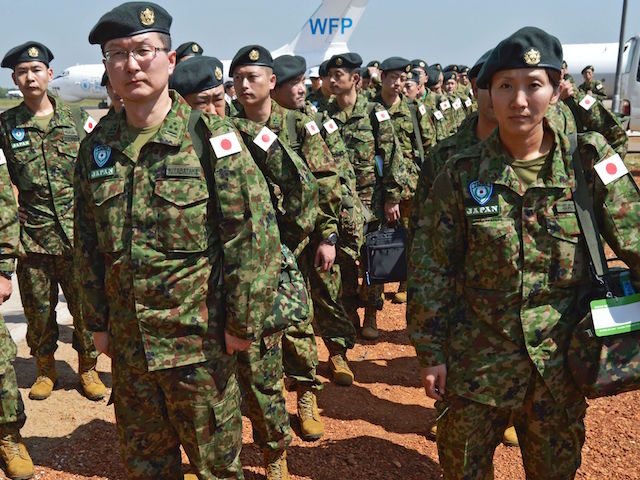
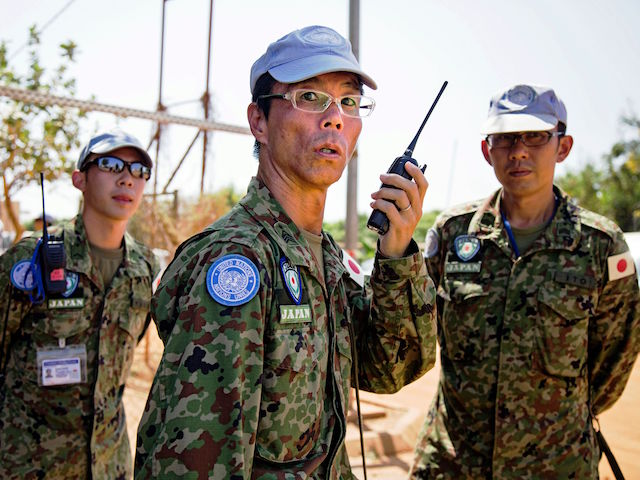
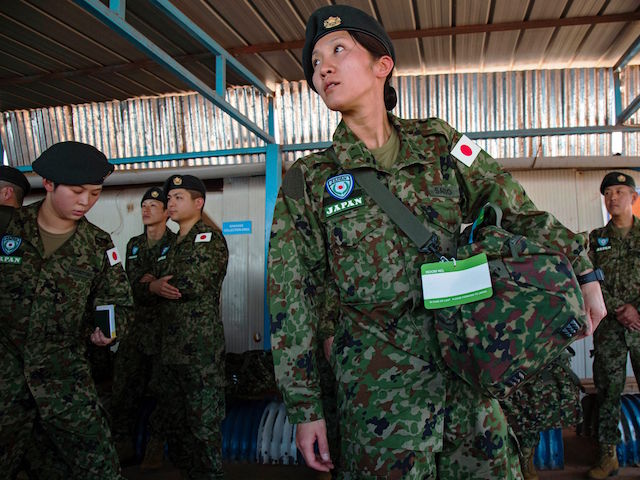
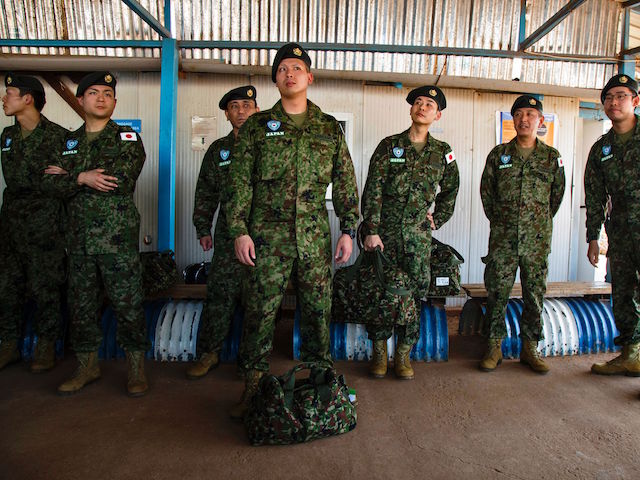
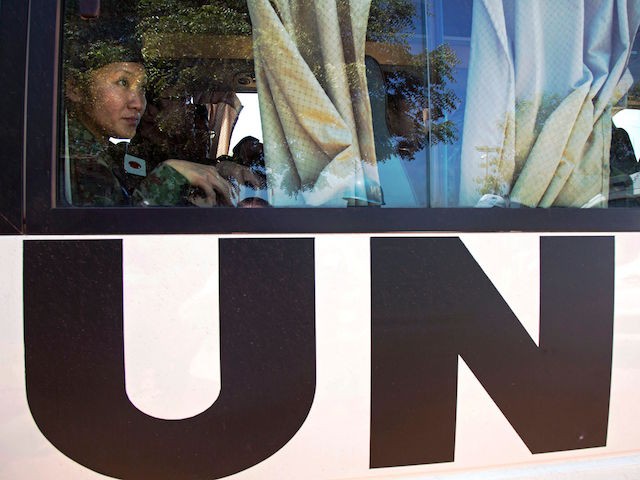
COMMENTS
Please let us know if you're having issues with commenting.